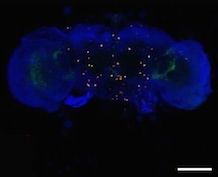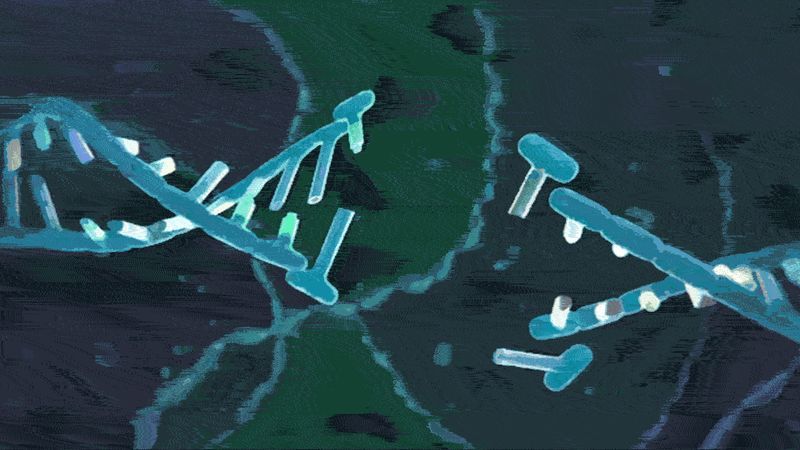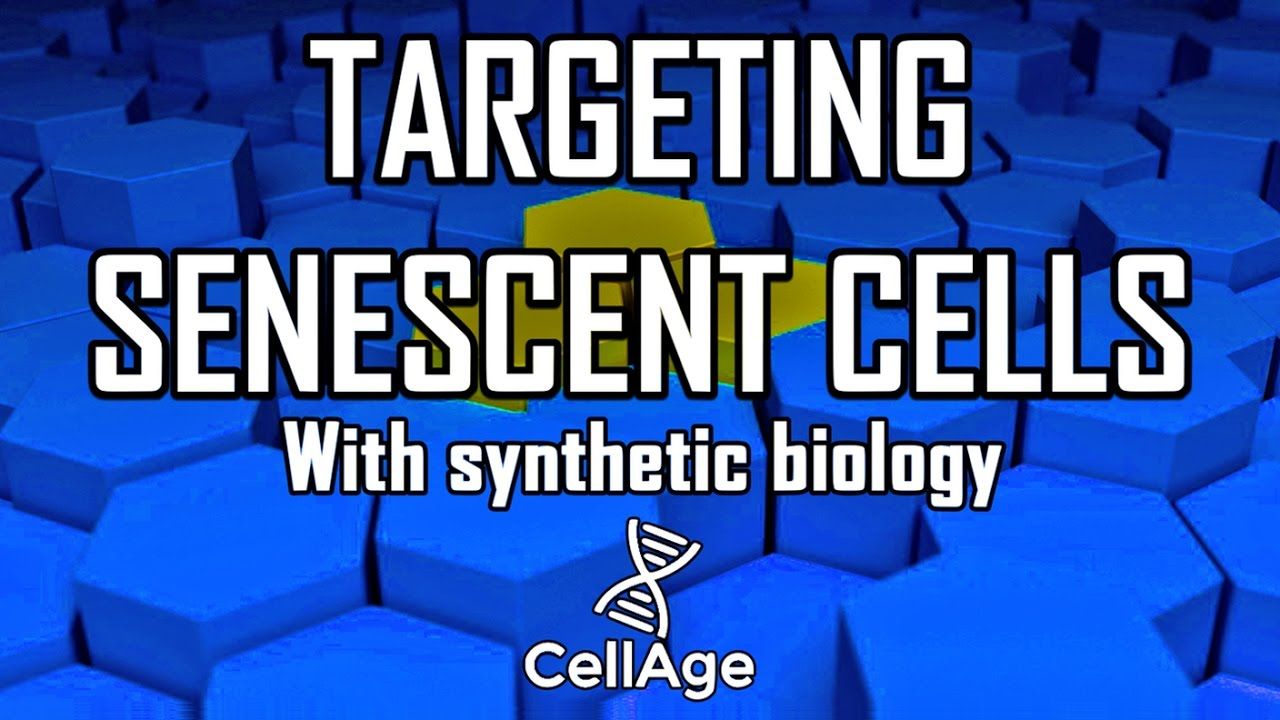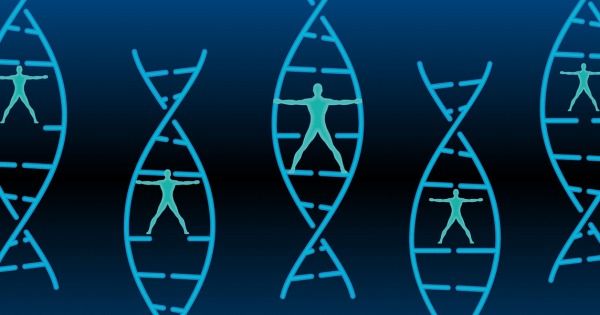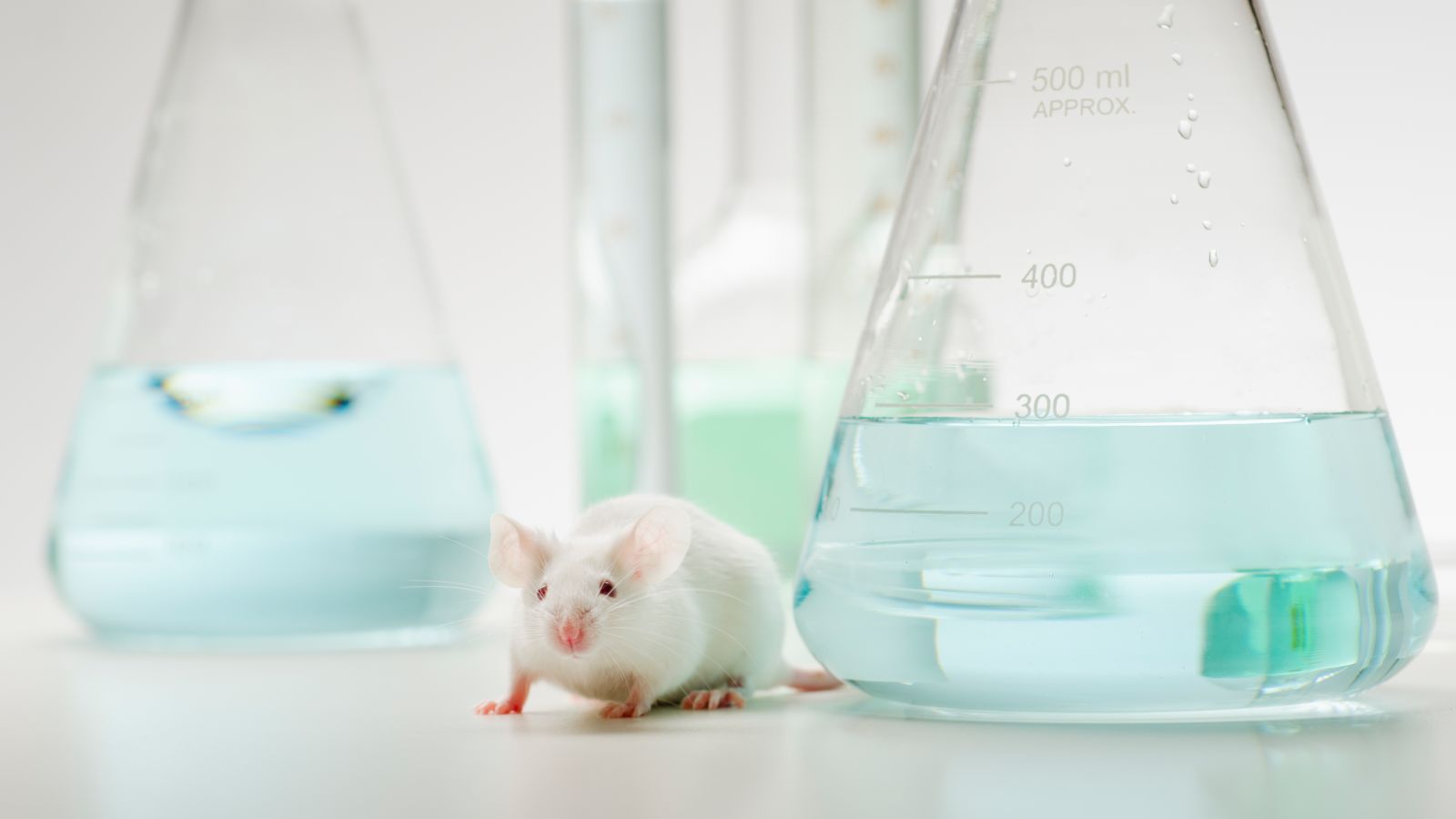Dec 7, 2016
Protein that promotes ‘cell-suicide’ could revolutionise eye cancer treatment
Posted by Steve Hill in categories: biotech/medical, life extension
More progress with cancer and using a similar approach to senolytics, no surprise really as cancer and senescent cell share a lot of common ground and approach that work with one may well work with the other if they are aimed at inducing apoptosis.
Apoptosis, or programmed cell death, is a rapid and irreversible process to efficiently eliminate dysfunctional cells. A hallmark of cancer is the ability of malignant cells to evade apoptosis.
Dr Luminita Paraoan, from the University’s Department of Eye and Vision Science in the Institute of Ageing and Chronic Disease, has published new findings in the British Journal of Cancer that identify the requirement of a protein called p63 for the initiation of apoptosis in UM.
Continue reading “Protein that promotes ‘cell-suicide’ could revolutionise eye cancer treatment” »


